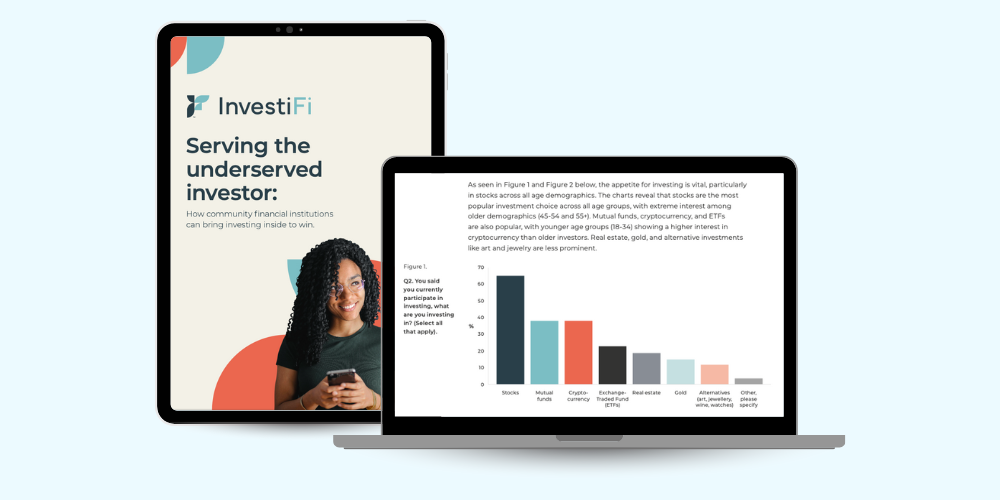The saying goes that “the best time to plant a tree was 20 years ago, the second best time is now.”
For baby boomers looking to retire and leave the workforce on their own terms, it’s never too late to begin or adjust retirement plans. Furthermore, research shows that it’s critically important for credit unions to shout that message from the rooftops.
Filene Research Institute’s report, “Financial Capability Near Retirement: A Profile of Pre-Retirees”, analyzes data from the 2012 National Financial Capability Study to assess the financial state of boomers and pre-retirees (51-61 years old). The findings indicate that this demographic is:
- Planning to work longer. 65% of boomers plan to work past age 65 or not retire at all, in an effort to preserve their income and health benefits.
- Struggling with long-term debt. 60% of pre-retirees have at least one source of long-term debt.
- Using alternative financial services. One-fifth of pre-retireeshave used services like payday loans or pawnshops within the past five years.
- Not saving enough. Nearly 30% do not have a retirement plan or account, and less than half of boomers have made provisions forrainy-day funds to help with unexpected expenses.
Although the insights paint a bleak picture of retirement for many hopeful retirees, there are two initial and critical steps credit unions can take to reverse these trends: provide education and introduce cost-saving opportunities.
Along with practical services and investment options, offering targeted financial education is one way for credit unions to build relationships with boomers and help them take control of their financial situation. Credit score education – and more importantly, understanding the factors that influence scores – is an integral area to understand before assessing options available to pre-retirees.
Solutions like SavvyMoney Credit, a program that grew from Filene’s i3 program concept Debt-In-Focus, offer personalized online credit score assessments and recommendations for refinancing. Research also shows that boomers find value in personal and quality branch services more than any age demographic, so it might make sense for a credit union to pair a credit assessment tool with an in-person “credit score walkthrough” to encourage face-to-face interaction and trust building.
Trust is an important factor, especially when it comes to the next critical step after evaluating a credit score - identifying and reducing the most costly sources of debt. Many boomers are aware of scams and might be weary of retirement planning services altogether, so it’s critical to have comparative tools available both online and in-branch to illuminate the potential cost savings potential through refinancing existing high-cost loans and products.
Education and debt reduction may seem over-simplified when discussing retirement planning. However, another Filene report, “Baby Boomers & Retirement Planning: Recent Trends and Future Implications for Credit Unions” indicates that many groups - including part-time employees, self-employed individuals, low-income households, singles and many more – are far less likely to be well-positioned for retirement (compared to households with high incomes and higher levels of formal education).
Considering there might be so many people within your field of membership that have had little to no exposure to retirement planning, credit unions have a real opportunity to build membership and loyalty by helping boomers and hopeful retirees achieve financial freedom sooner than they might realize.







